News
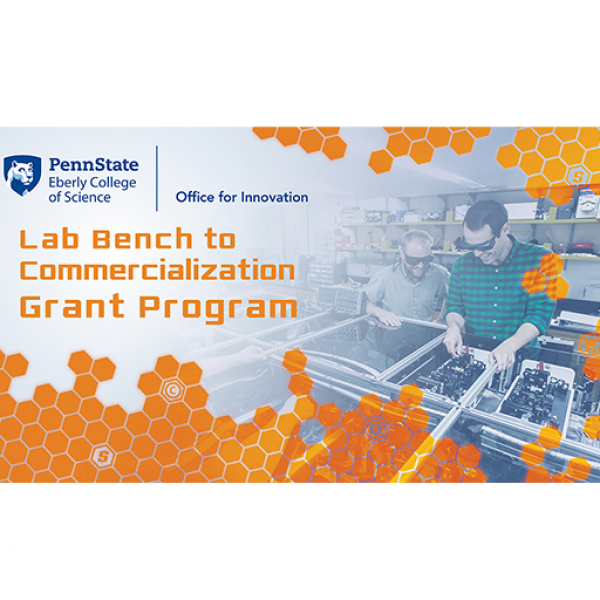
Jul 01, 2025
Lab Bench to Commercialization program broadens its scope
Eberly College of Science seed grant program to shift emphasis to earlier development of research, focusing on societal impact and career readiness.
Full Article
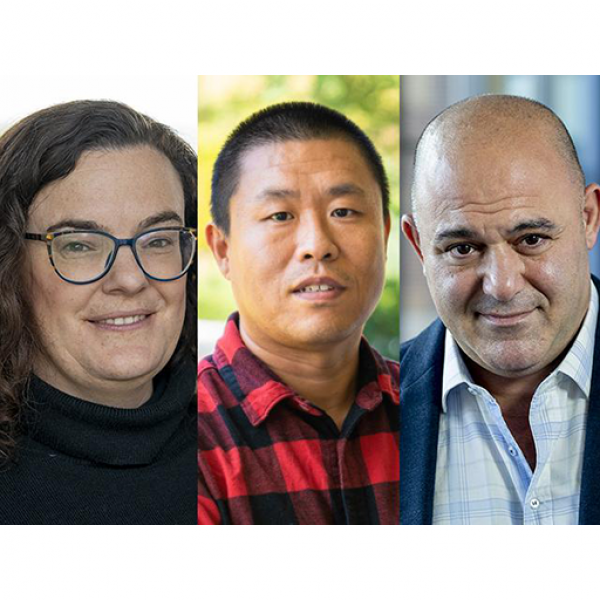
Jun 30, 2025
Huck announces 2025-26 Leadership Fellows
Three faculty members, representing three different Penn State colleges, have been named Huck Leadership Fellows for the 2025-26 academic year.
Full Article
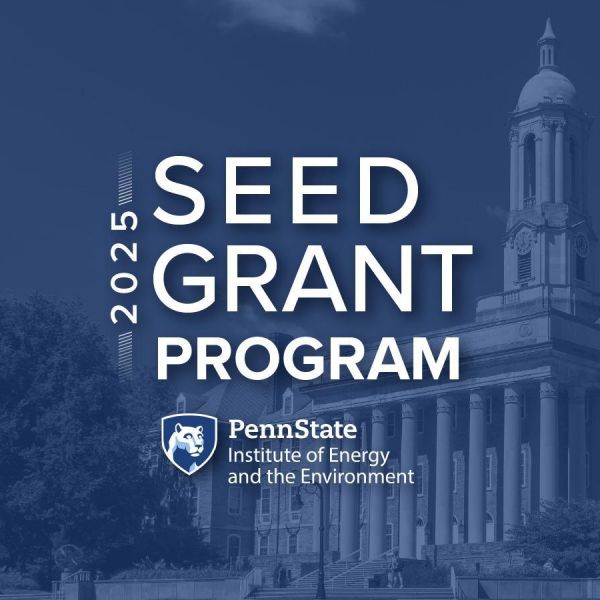
Jun 24, 2025
Ten interdisciplinary research teams awarded IEE seed grants
Ten interdisciplinary research teams have received funding through the Institute of Energy and the Environment’s (IEE) 2025 Seed Grant Program.
Full Article
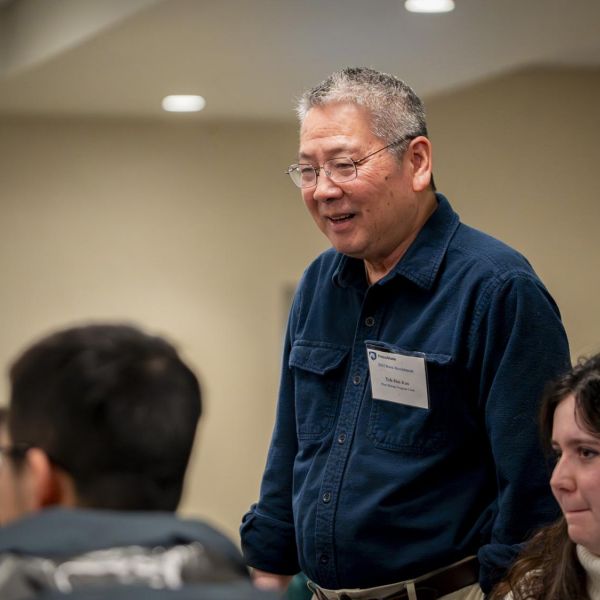
Jun 24, 2025
Kao steps down as plant biology graduate program chair
Teh-hui Kao, distinguished professor of biochemistry and molecular biology, has stepped down as chair of the Intercollege Graduate Degree Program (IGDP) in Plant Biology after 26 years in the role.
Full Article
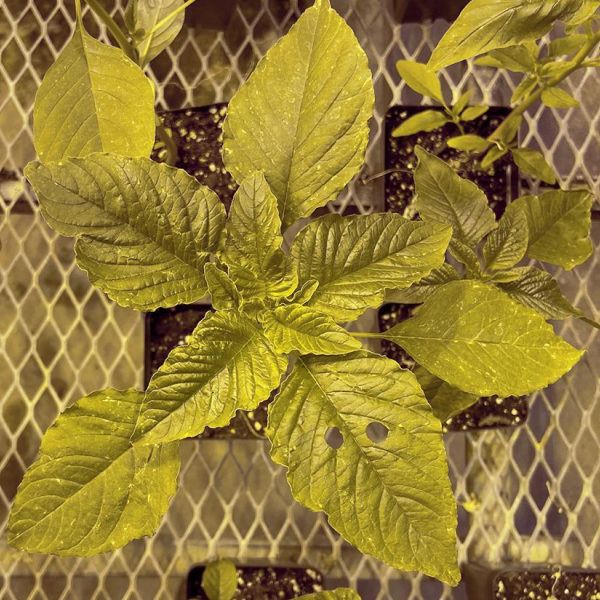
Jun 23, 2025
Multistate herbicide-resistant weeds study aims to protect soybean crops
New grant will fund development of rapid testing to detect herbicide-resistant weeds in soybean fields; to gain a better understanding of plant mechanisms that contribute to resistance.
Full Article
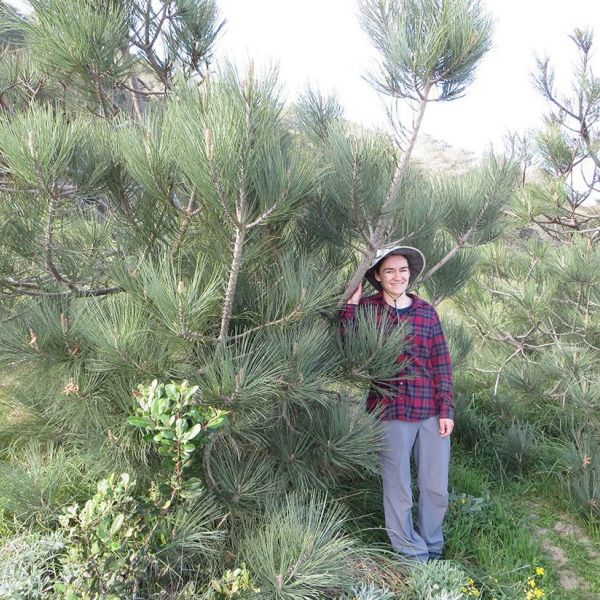
Jun 03, 2025
Isolated Torrey pine populations yield insights into genetic diversity
Researchers find a few genes that allowed trees from insular populations to adapt to local conditions may inhibit their adjustment long term to a new location.
Full Article

Jun 02, 2025
Huck opens search for Associate Director for Graduate Education
The Huck Institutes of the Life Sciences is seeking an innovative Penn State faculty member with a strong background in interdisciplinary life sciences research and a passion for teaching and mentoring graduate students to join our Huck leadership team as an Associate Director for Graduate Education.
Full Article
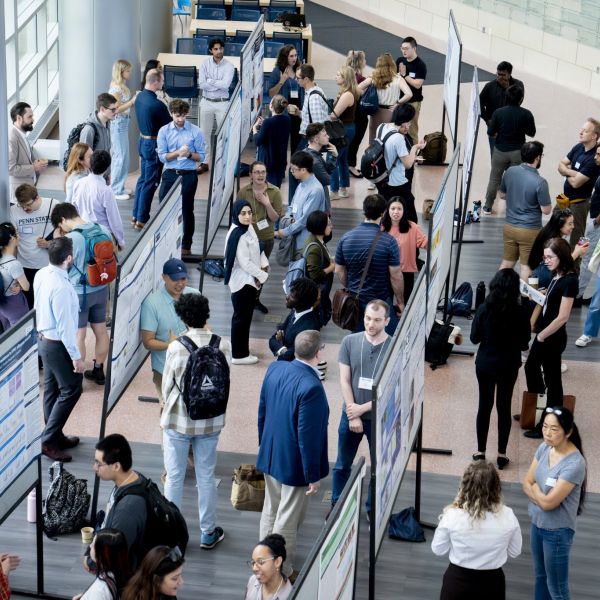
Apr 29, 2025
HGSAC prepares for largest Life Sciences Symposium yet
The Life Sciences Symposium, organized by the Huck Graduate Student Advisory Committee (HGSAC), is set to showcase student research on May 23.
Full Article
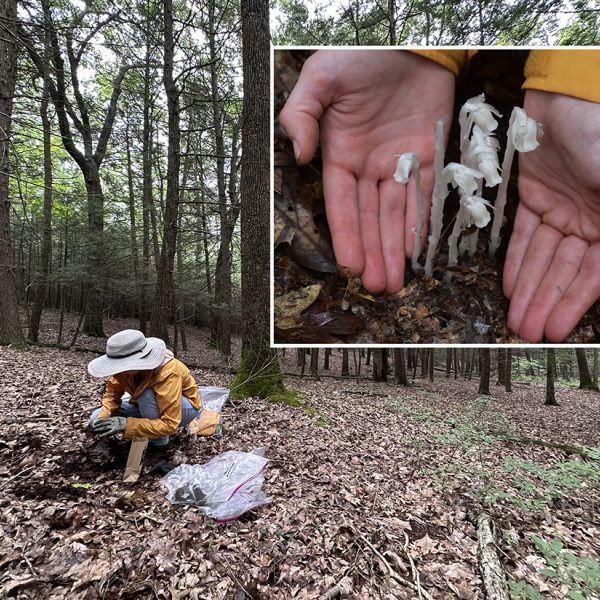
Apr 25, 2025
Traditional forest medicinal plant ghost pipe used differently today
Driven by the internet and social media, consumption of a strange white plant known as ghost pipe is enjoying a resurgence — but with a twist.
Full Article
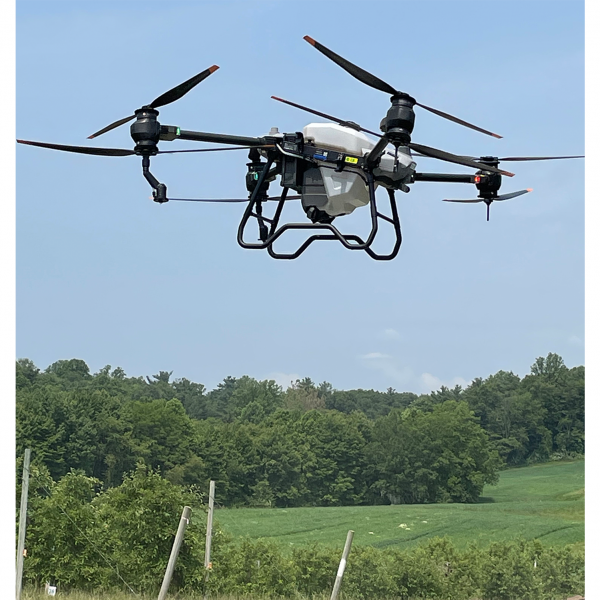
Apr 25, 2025
Are drones the future of tree fruit production? Researchers investigate
A team of researchers in Penn State’s College of Agricultural Sciences is addressing the growing interest among tree fruit growers in Pennsylvania and the Northeast in adopting drone-based spraying systems for high-density apple and peach orchards.
Full Article